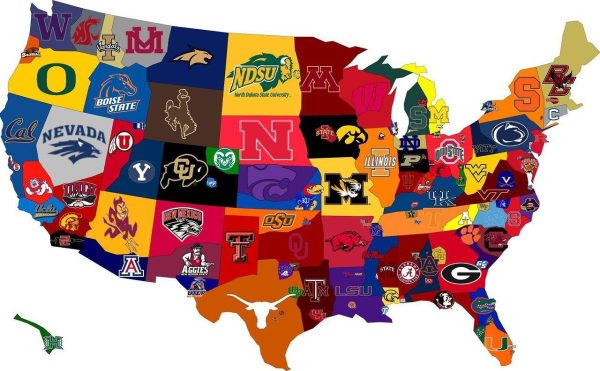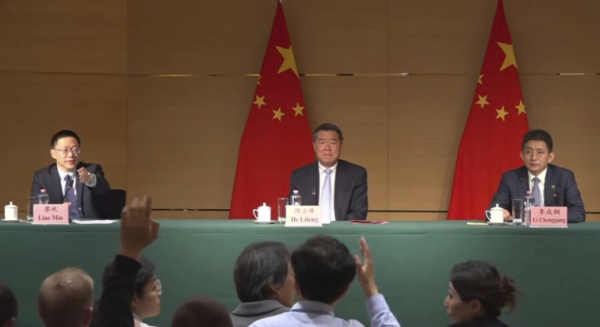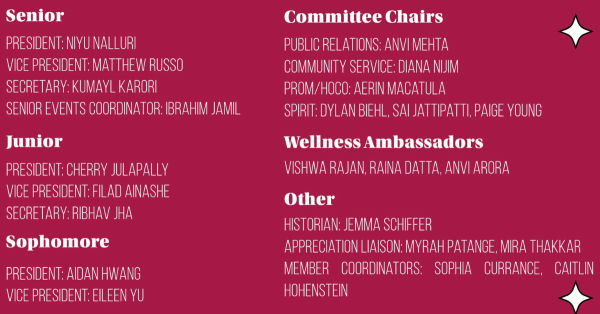Critical Race Theory vs Diversity Equity and Inclusion Plan

Picture taken from Instagram @_sophiazhao, Taken on July 20, 2021, All rights reserved
Is there a difference between Critical Race Theory (CRT) and the Diversity Equity and Inclusion Plan (DEI)? This is a hot-topic question that society has been arguing about for the past few years; more specifically, Forsyth County.
Critical Race Theory explores the idea that race is a social construct and how racism is a part of our everyday lives, so no matter if you’re white, or a person of color, you can make choices that fuel racism even if you do not intend them to.
Meanwhile, DEI focuses more on the diversity and inclusion programs that should be implemented in many aspects of our lives, including education.
Sophomore Sophia Zhao, a young activist believes,
“CRT is decomposing systematic racism; DEI is introducing more curriculums, activities, initiatives, etc [to promote diversity and inclusion],” Sophia explained.
Where people stand divided is mainly when it comes to the education of their children, and the extent to which they should be exposed to history. The two main opposing sides consist of conservatives and liberals.
The conservative side argues that DEI is CRT, just under a different name. White parents feel as if their children will be burdened with the guilt of being white if school curriculums are revised to include more detailed information on the lasting effects of racism left by the past.
Sophia Zhao, a sophomore at Lambert High School and a Pro-DEI advocate who has attended numerous board meetings to speak for the DEI Plan had her opinions regarding how the conservative side thinks.
“We as an education system shouldn’t be ignoring important historical events for the sake of someone’s comfort and on top of that, this argument is not valid considering aspects of other ethnicities are taught regardless of how those people feel,” Sophia stated. “An example of this is criminalizing Muslims in the classroom when mentioning 9/11… my experience as a person of color has been a lot more traumatizing than simply feeling a little uncomfortable in a classroom because the people in the wrong for that specific event being taught are white.”
Forsyth County, although not mentioned in any curriculum, has a history of racial cleansing and lynching that dates back to 1913. Parents in Forsyth County have shown disapproval in the teaching of Forsyth’s history regarding this topic.
“Just seeing these patterns between what they [white parents] want portrayed in schools versus what they don’t want, and I find this to really speak volumes about how willingly people will ignore major aspects of American history to protect their nationalism,” Sophia states.
The Forsyth County Board of Education seemed to have somewhat agreed with parents regarding CRT, and have decided to not teach or promote CRT, but will work alongside the community to ensure all families feel welcomed and included.
While the question still remains open regarding the differences between CRT and EID, the world continues on, hoping for a day where people can look past a race barrier that has been left behind by the past.
Your donation will help support The Lambert Post, Lambert High Schools student-run newspaper! Your contribution will allow us to purchase equipment and cover website hosting costs.












